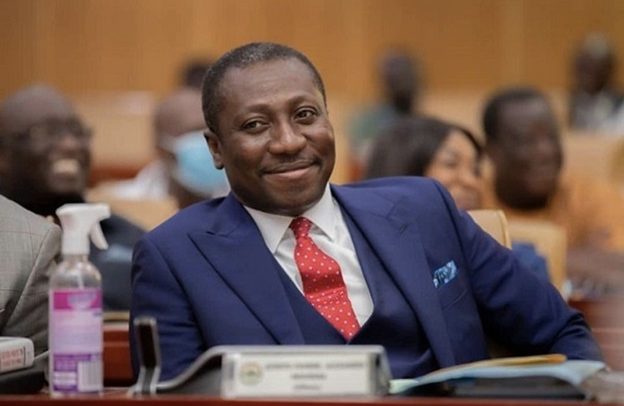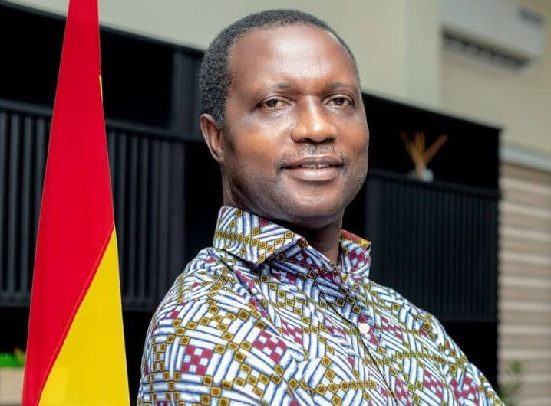
President of the Ghana National Association of ADR Practitioners (GNAAP), Mr Daniel Owusu-Koranteng, has emphasised the critical need for moral reformation in Ghana.
At a graduation ceremony of the Professional Executive Master in Alternative Dispute Resolution (PEMADR)-2024, Mr Owusu-Koranteng said “Ghana requires urgent moral reformation. As Professional ADR Practitioners, you are expected to have unblemished reputation and dignity”.
He highlighted the importance of maintaining an unblemished reputation and dignity in their professional practice. He stressed that as ADR practitioners, they handle sensitive and confidential information, and their reputation is paramount to their effectiveness in resolving disputes.
Mr Owusu-Koranteng lamented that Ghana’s resource curse reflects a leadership paralysis stemming from a lack of integrity and trustworthiness.
He urged the practitioners to approach their work as a mission, akin to the peace-promoting efforts of religious leaders such as Jesus Christ and Prophet Mohammed.
Caution
He cautioned against unethical behaviour in mediation, noting that practitioners who compromise their ethics become part of the conflict rather than agents of resolution.
He encouraged the graduands to uphold the principles of neutrality, confidentiality and honesty to safeguard peace in society.
Reflecting on the changing perception of conflict, Mr Owusu-Koranteng noted that conflict is inherent in human interaction, and can be transformed into constructive outcomes with the right approach.
He stressed the importance of maintaining ethical standards, as practitioners who abandon their principles pose a threat to societal peace.
Drawing parallels from literature, he referenced Shakespeare’s “The Tragedy of Othello, the Moor of Venice,” where the character Cassio laments the loss of reputation due to unethical behaviour.
He warned against the erosion of values such as honesty and integrity in Ghanaian society, stressing the importance of upholding these treasured virtues.
He expressed confidence in the graduates’ preparedness to navigate the complexities of conflict resolution, urging them to uphold ethical standards and contribute to the transformation of Ghana’s moral landscape.
Concerns
He raised concerns regarding certain provisions within the Minerals and Mining Act (703), 2006. Mr. Owusu Koranteng highlighted specific clauses within the Act to illustrate perceived deficiencies in the regulatory framework.
One such provision, he cited, is Section 30(2), which addresses the management of foreign exchange earnings by mining lease holders.
The provision allows for the retention of a portion of foreign exchange earnings for various purposes, including the acquisition of spare parts, raw materials, and machinery, as well as debt servicing and dividend payments.
Another aspect of concern he mentioned is the penalty structure outlined in Section 108, which imposes fines for offences under the Act.
While the Act specifies penalties for certain offences, it also allows for discretionary penalties upon subsequent convictions.
Furthermore, he mentioned Section 109 stipulates that fines imposed under the Act are to be treated as civil debts owed to the state in cases of non-payment.
Read Full Story




















Facebook
Twitter
Pinterest
Instagram
Google+
YouTube
LinkedIn
RSS